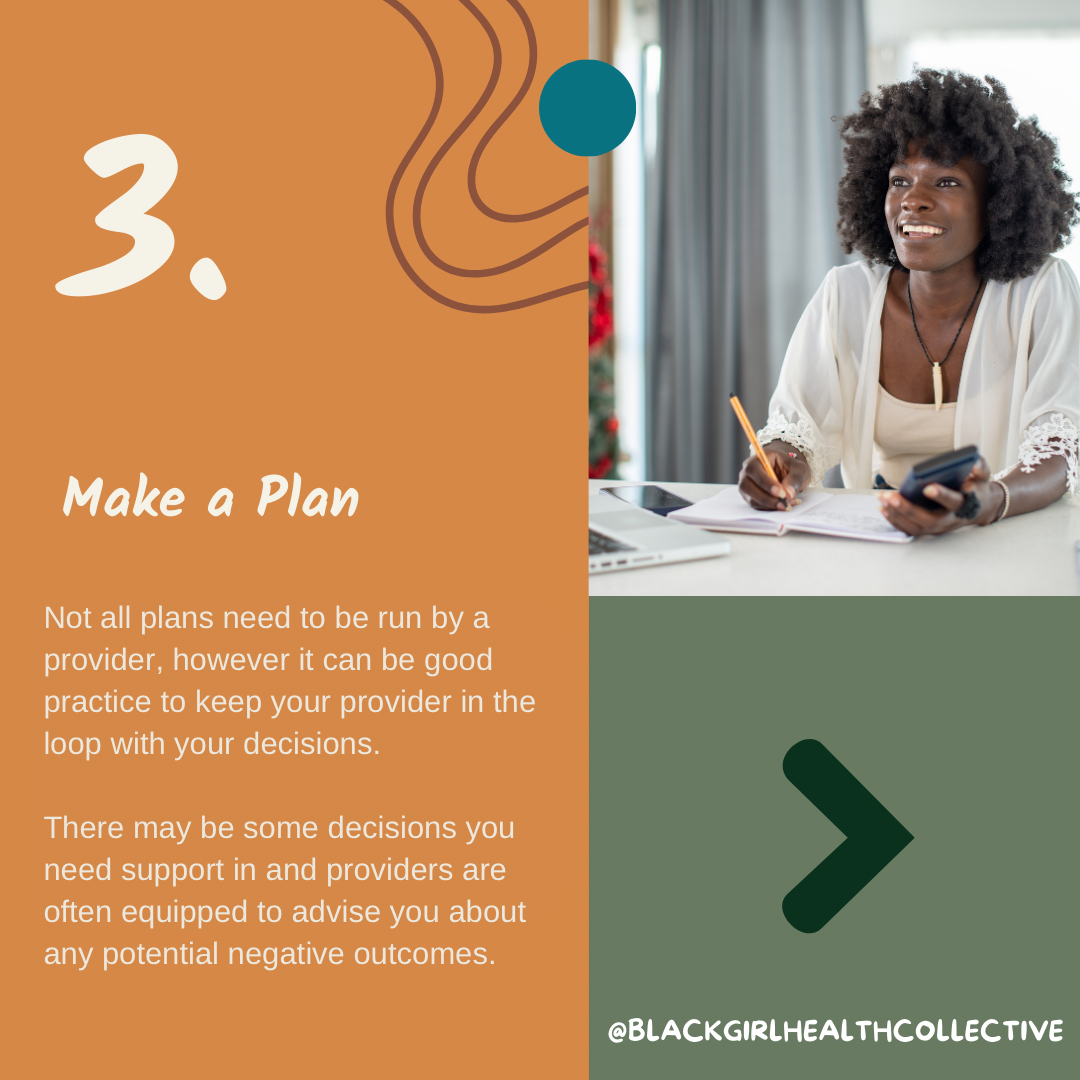TikTok Girlies: Guide to Safe Medical Advice
With the boom of social media, access to community and coming across with people with shared lived experiences is more common than ever. It has allowed us to learn and hear about many different perspectives on care and treatments for people dealing with a range of health challenges. From experienced providers to your next door neighbor, it has become a melting pot of both solid and distorted health misinformation. So, how do you navigate and find out what’s real and what's not? Try some of these steps below:
Research recommendations. Don't take recommendations at face value even if the speaker states they are a provider. Look for data or evidence based studies to back up claims. Key words like peer-reviewed, or evidence-based in your google search.
Open a dialogue with your provider about what you have seen or heard online. If you feel like they are not receptive to your questions, let them know.
Not all plans need to be run by a provider, however it can be good practice to keep your provider in the loop with your decisions. There may be some decisions you need support in and providers are often equipped to advise you about any potential negative outcomes.
Realize that providers, “practice,” it is not always an absolute science. What may work for some, may not work for you or your situation depending on a range of factors.
Stay curious.






